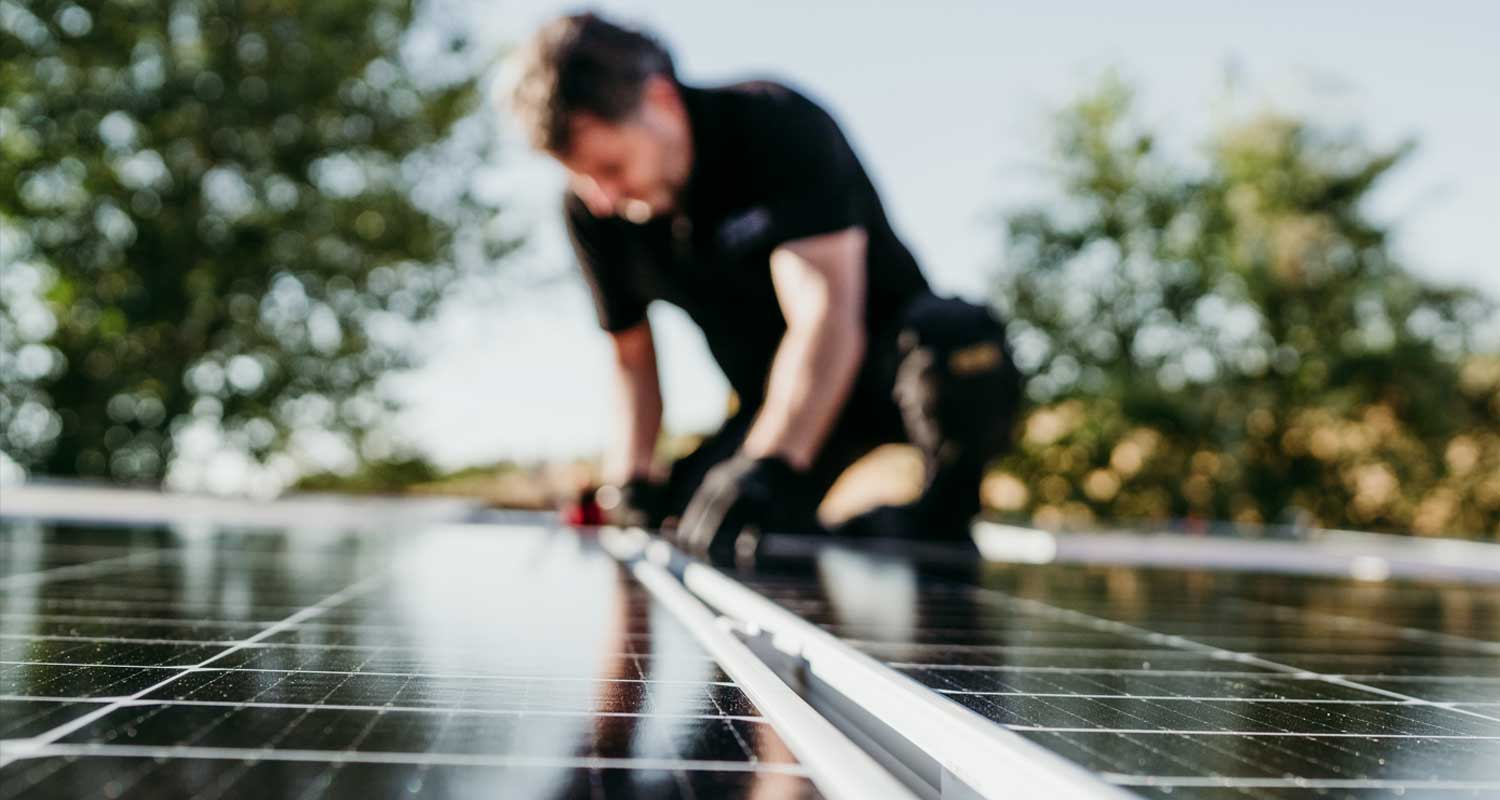 Load shedding is now part and parcel of the daily South African experience. Last year we had only 30 days without rolling power cuts, and with it came many significant financial implications. Ayan Ghosh, an investment strategist at Investec, recently highlighted some of the economic impacts when he shared these startling statistics:
Load shedding is now part and parcel of the daily South African experience. Last year we had only 30 days without rolling power cuts, and with it came many significant financial implications. Ayan Ghosh, an investment strategist at Investec, recently highlighted some of the economic impacts when he shared these startling statistics:
- R300-billion: The cost to the economy in 2022
- Five percent: The percentage of South Africa’s GDP lost in 2022
- R720-million: Telkom’s estimated spend on load shedding-related costs
We have become increasingly desensitised to the harsh realities of load shedding, and we continue to make a plan to live around the interruptions and to live despite the consequences.
Despite the current break in load shedding, Eskom’s system status outlook for 2024 shows a significant electricity shortfall every week of the year, meaning we should expect extensive power in the coming months. It has become clear that Eskom alone cannot end load shedding. So, now what?
Solar has a significant role to play
The improvements in the cost effectiveness, efficiency and reliability of solar technology in the past decade have been nothing short of astonishing. Once a highly specialised technology for niche users, ordinary households now have access to solar power systems that provide a safe and reliable power supply at a competitive price.
Not only does solar show promise as a tool that can continue towards tackling energy security, but it also has been proven in many cases to offer cost savings to customers. Added to the role that solar and all renewable energy sources can play in terms of sustainability and tackling climate change, it seems a no-brainer to consider it as a viable opportunity for the future.
So, why isn’t the adoption of solar growing even faster than it is?
An inconsistent regulatory environment
Boosted by necessity and the solar tax incentive implemented from 1 March 2023 to 29 February 2024, homeowners jumped at the chance to install solar systems. Unfortunately, the solar tax incentive has been revoked for the new tax year, and so the cost of solar energy now lies solely with the consumer.
The industry is governed by the National Energy Act of 2008 and the National Energy Regulator Act of 2004. These laws guide the energy sector, and they impact costs, licences, renewable energy projects and connecting to the power grid. Not only are they inconsistent from province to province, they’re also liable to change frequently.
The irony of the current state of the regulatory environment lies in the fact that South Africa is primed, as one of the best locations globally, for solar solutions and clean energy. We are, however, having to overcome ongoing hurdles stemming national policy, regulations and costs.

Cape Town leads the way
Some homeowners have been able to go completely off-grid due to expensive solar system installations, but their contribution to the grid is minimal as few have been able to afford to go this route. What’s far more meaningful and manageable is customers (whether off the grid or linked to it) selling excess power back to local municipalities: not only do these homeowners consume less energy from the grid, but they can also contribute to it.
Previously open only to businesses, residents with rooftop solar systems were recently allowed to register with the City of Cape Town’s “cash for power” programme through which they can sell any excess electricity back to the municipal grid. The programme works by compensating registered homeowners first by having their municipal bill credited, and once the utility bill is credited to zero, the city pays out in cash.
Read: 10 biggest solar projects in South Africa
Not all programmes are created equally, however, partly due to differing rates (as approved by energy regulator Nersa) and local municipal policies. For example, in Cape Town the feed-in tariff of 87c/kWh has been approved by Nersa, with the city sweetening the deal by offering customers an incentive of 25c/kWh.
In the City of Johannesburg, the approved feed-in tariff for residential embedded generators is 88.36c/kWh, and on the export register in the City of Tshwane it is 11.99 c/kWh.
Cost of net metering
Neither households nor businesses can sell excess power to their local municipality without a bidirectional meter that tracks the energy consumed and produced. The problem is these meters are expensive (some R12 000 each) and the consumer bears this cost. When it comes to residential properties, this constitutes a significant investment.
In Cape Town, the cost has recently been reduced. The city announced that it secured these meters at R6 000/unit, which, while still a cost to be borne by the consumer, is a significant saving.
Feeding back into the grid comes with a few hiccups
The fact that the rates differ across the country is one issue. On the other hand, some analysts are concerned that the incentive in Johannesburg, for example, is not sufficiently high compared to similar economies to incentivise solar adoption at the scale needed.
At the end of the day, establishing consistent guidelines for the compensation of excess energy fed into the grid will incentivise the uptake of solar energy systems, but these interventions must be expanded beyond two central hubs.
 But the current patchwork of policies and processes, however well intentioned, are far from optimal. If we are to drive the industry forward and experience the positive benefits available from these solutions, customers need clarity and certainty, which requires a clear set of policy guidelines for all electricity providers and municipalities.
But the current patchwork of policies and processes, however well intentioned, are far from optimal. If we are to drive the industry forward and experience the positive benefits available from these solutions, customers need clarity and certainty, which requires a clear set of policy guidelines for all electricity providers and municipalities.
We must take immediate measures to support a more robust and decentralised energy grid, reducing dependency on centralised power sources and mitigating the impact of load shedding.
And we need a national policy framework that is consistent across provinces – and which is fixed. Once households and businesses have a clear set of guidelines, they can optimise their solar investments in line with best practices and take maximum advantage of feed-in tariffs.
Read: Cape Town to pay homeowners for their excess solar
Only if we get this right can we begin to create a functional, interdependent ecosystem and begin to move out of the darkness creating by South Africa’s ongoing energy crisis.
- The author, Andrew Middleton, is CEO and co-founder of GoSolr

